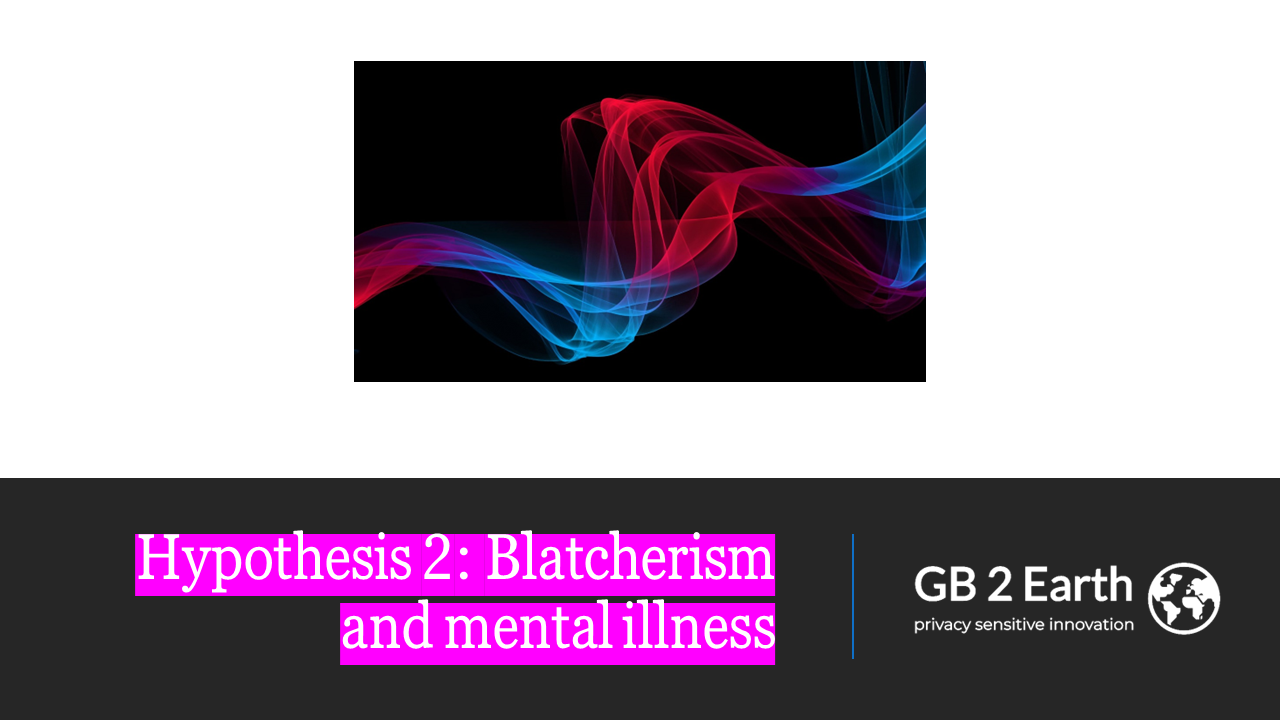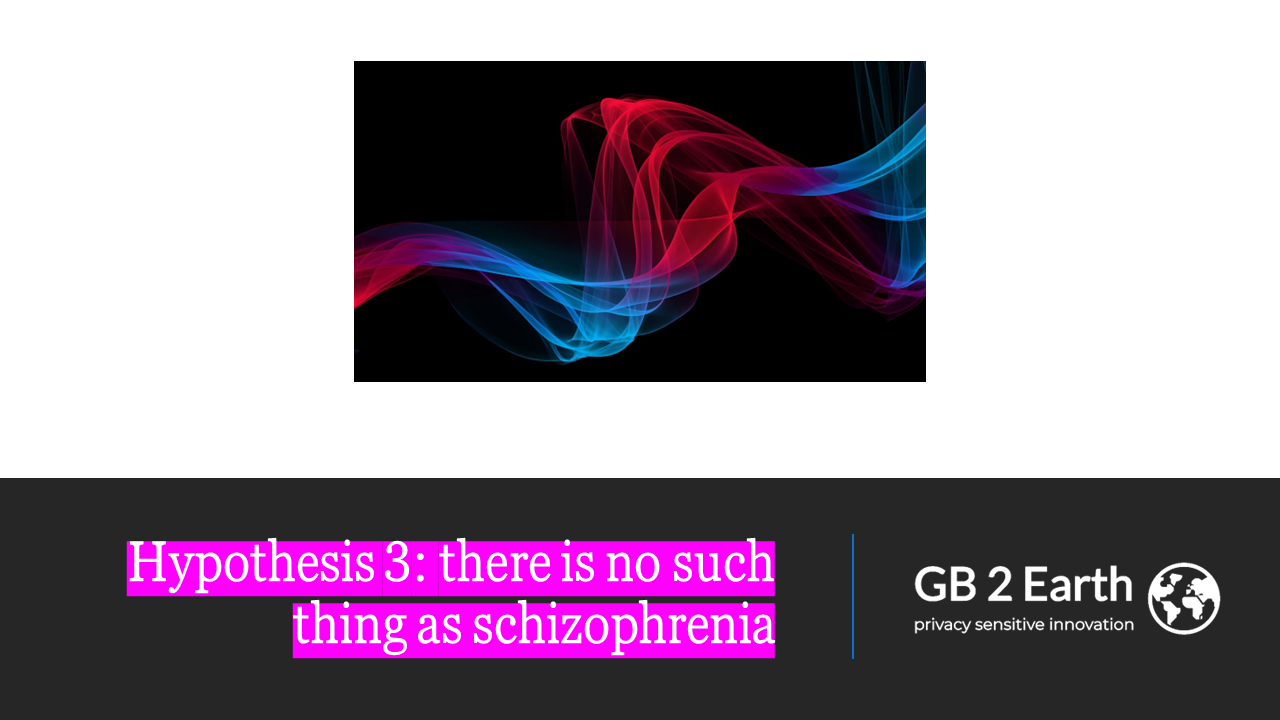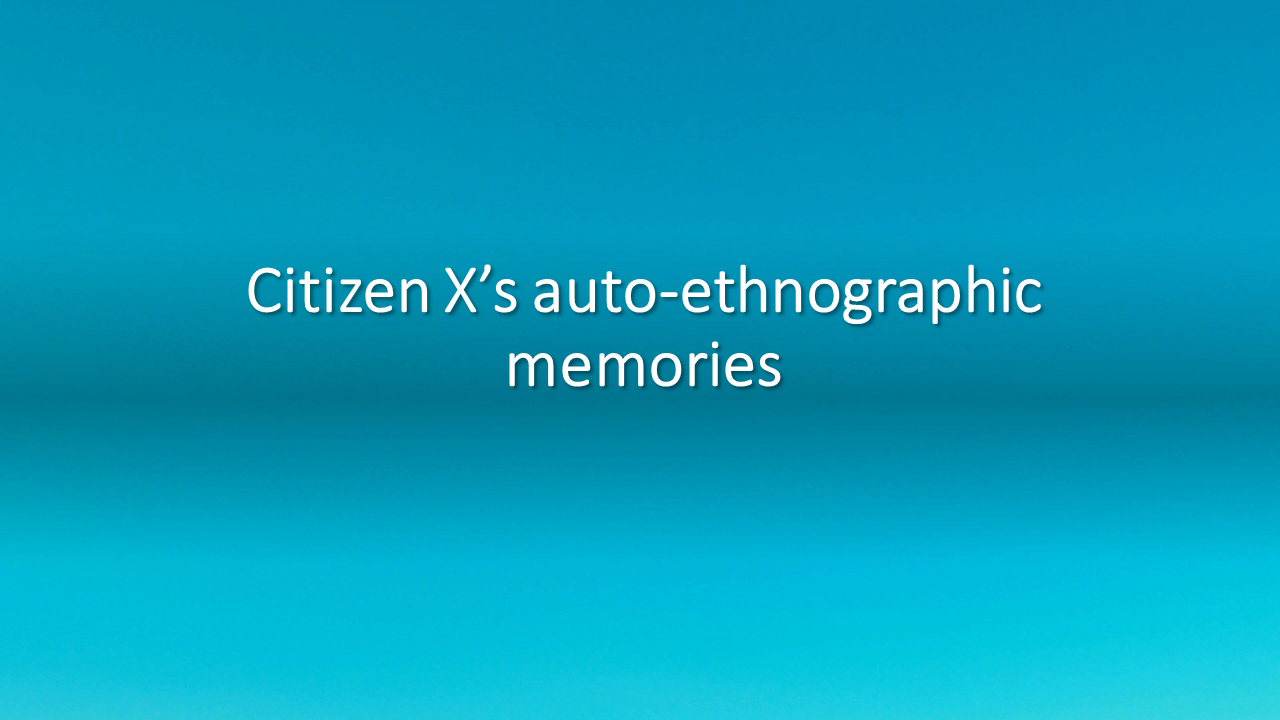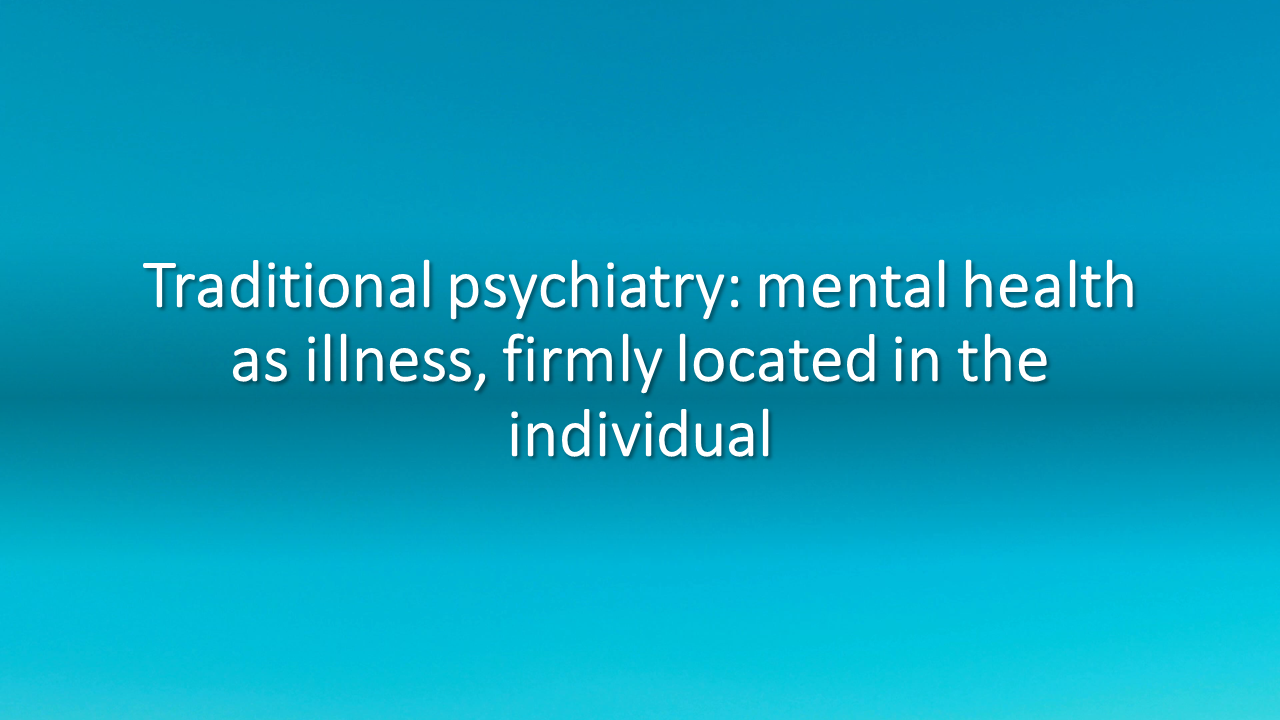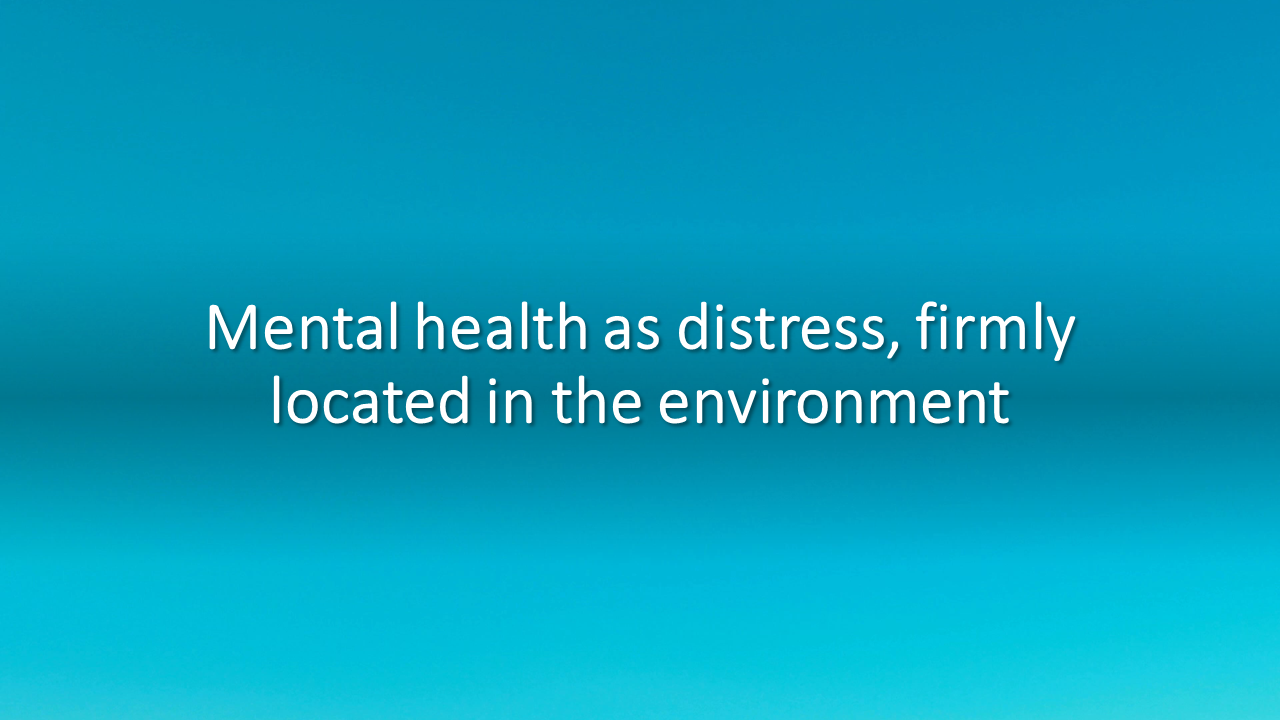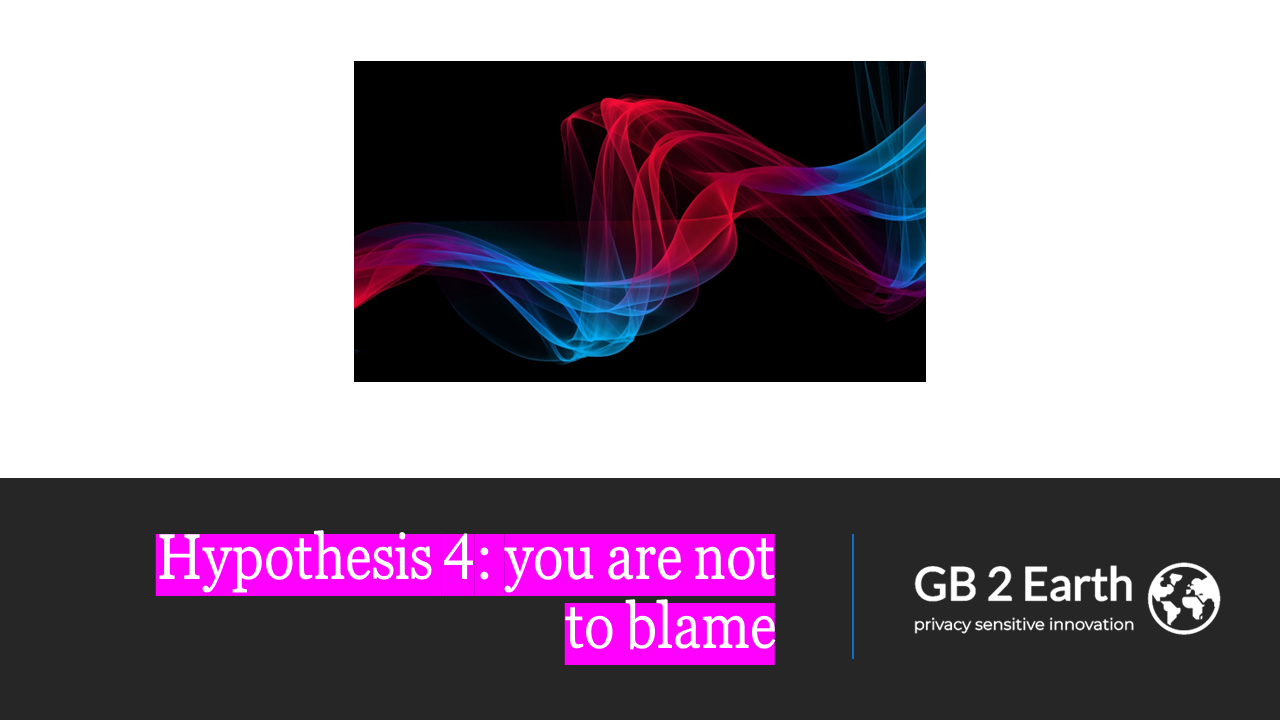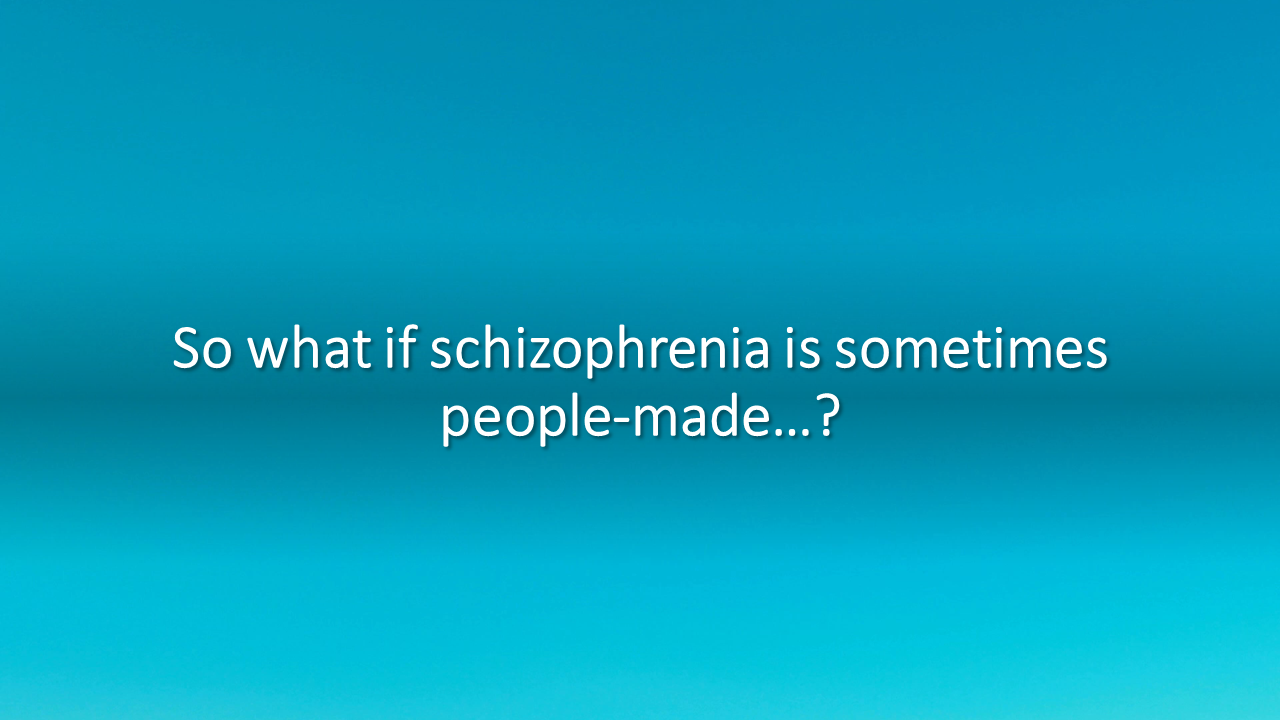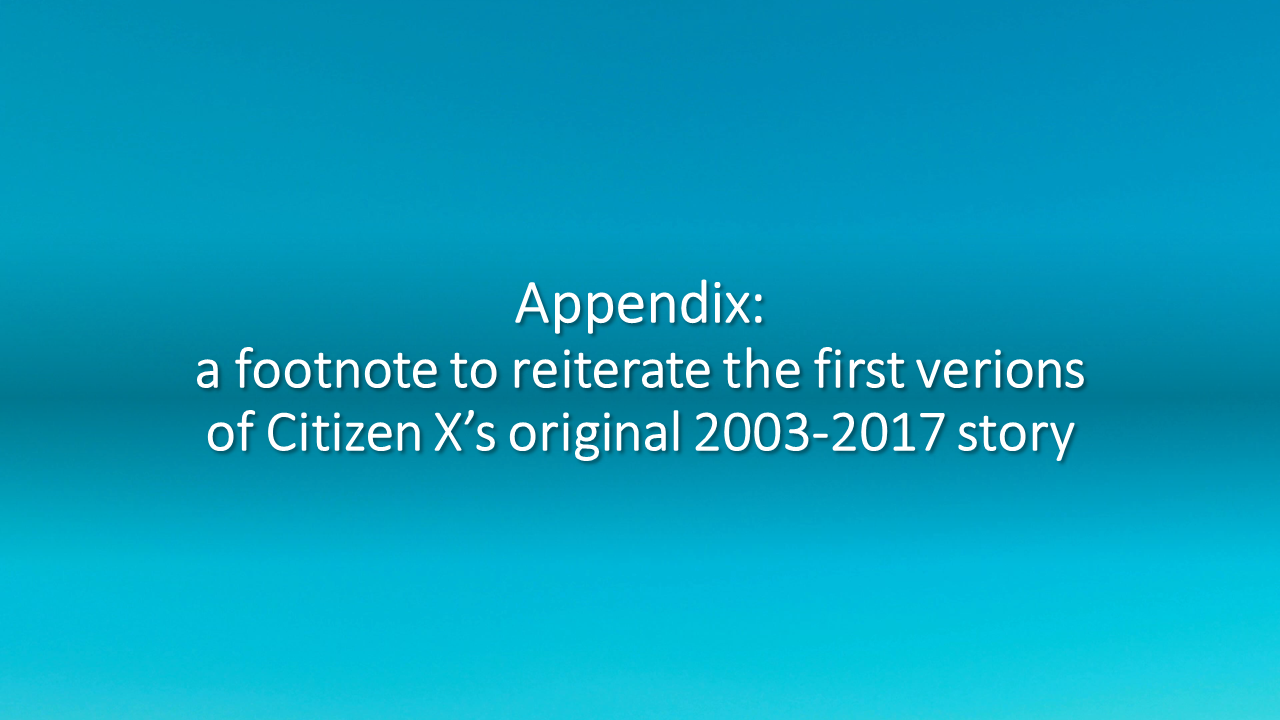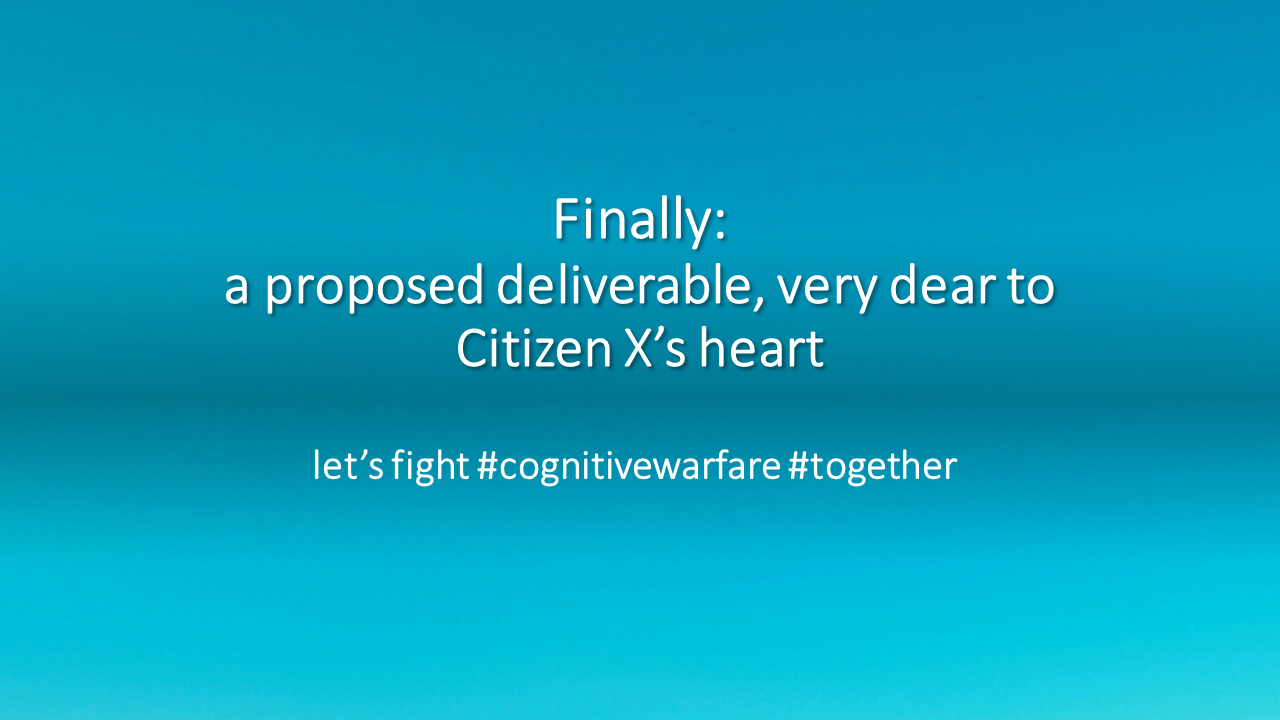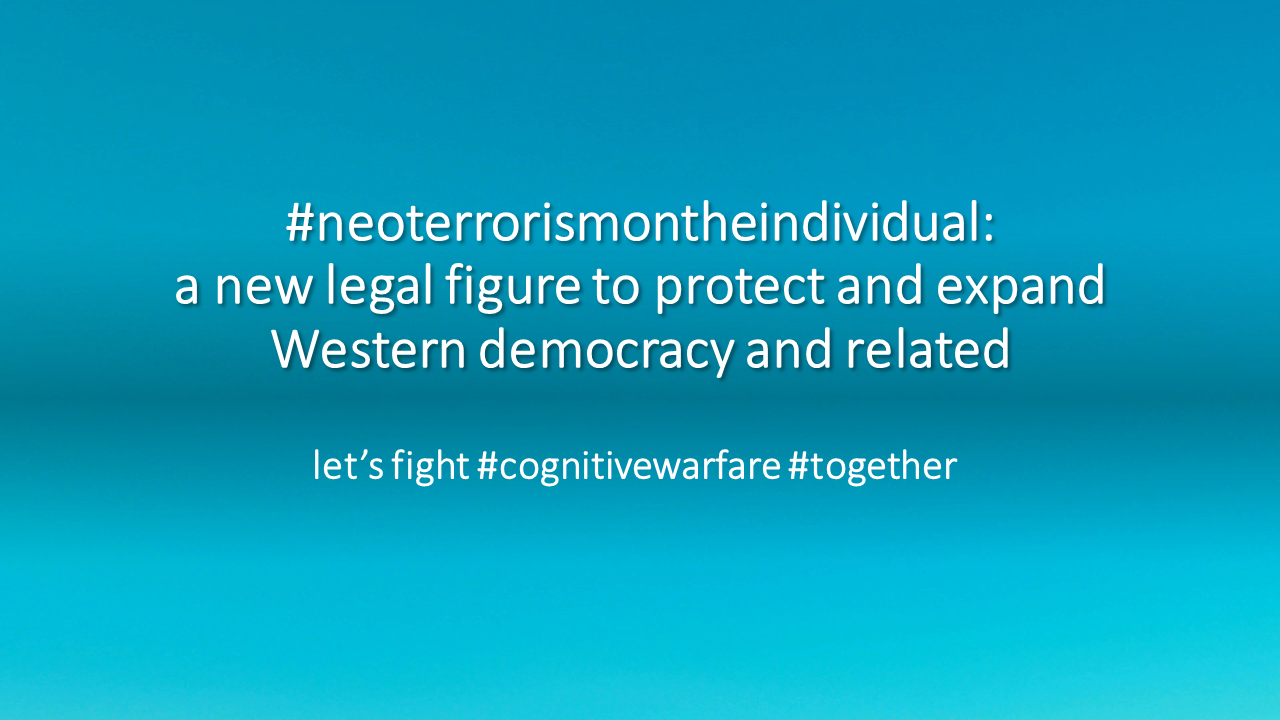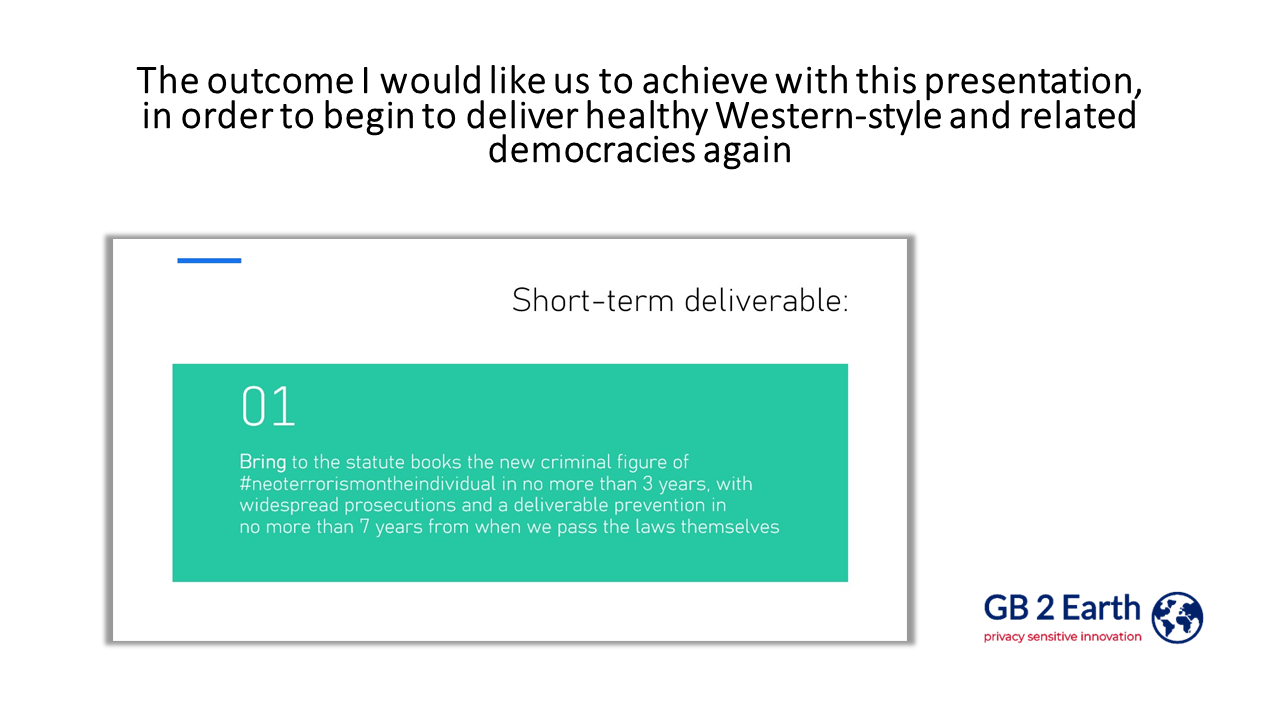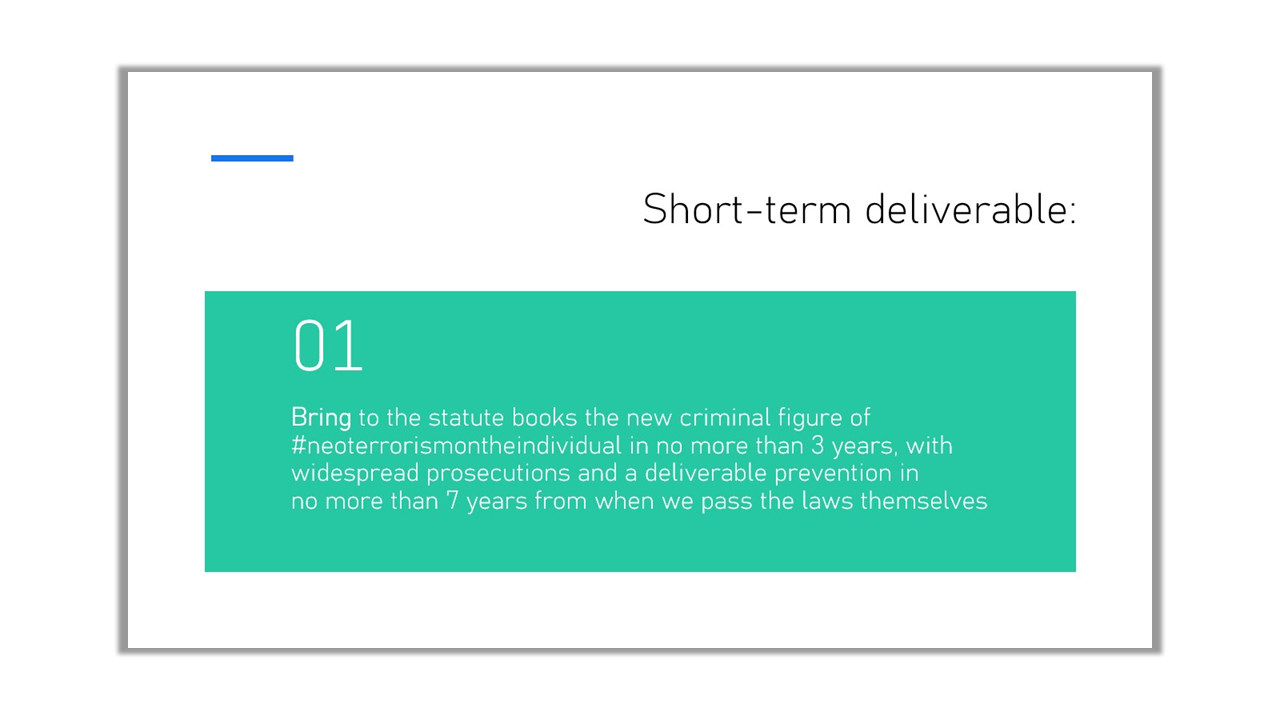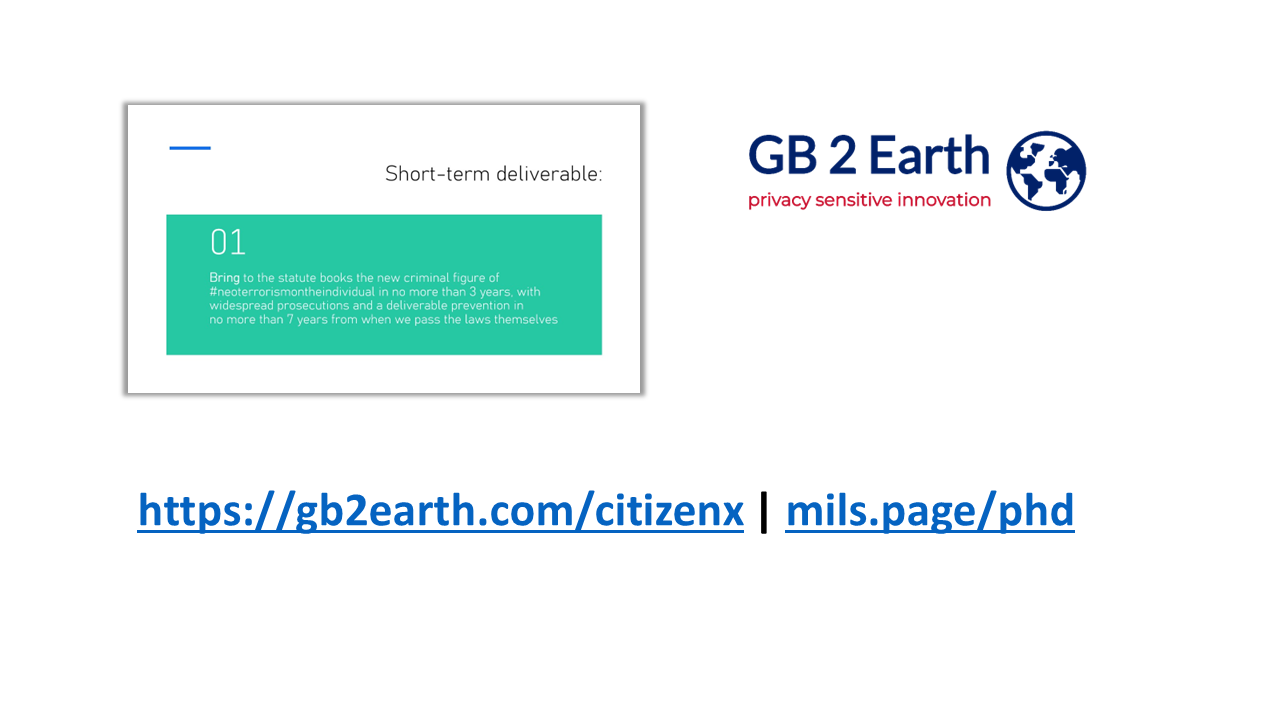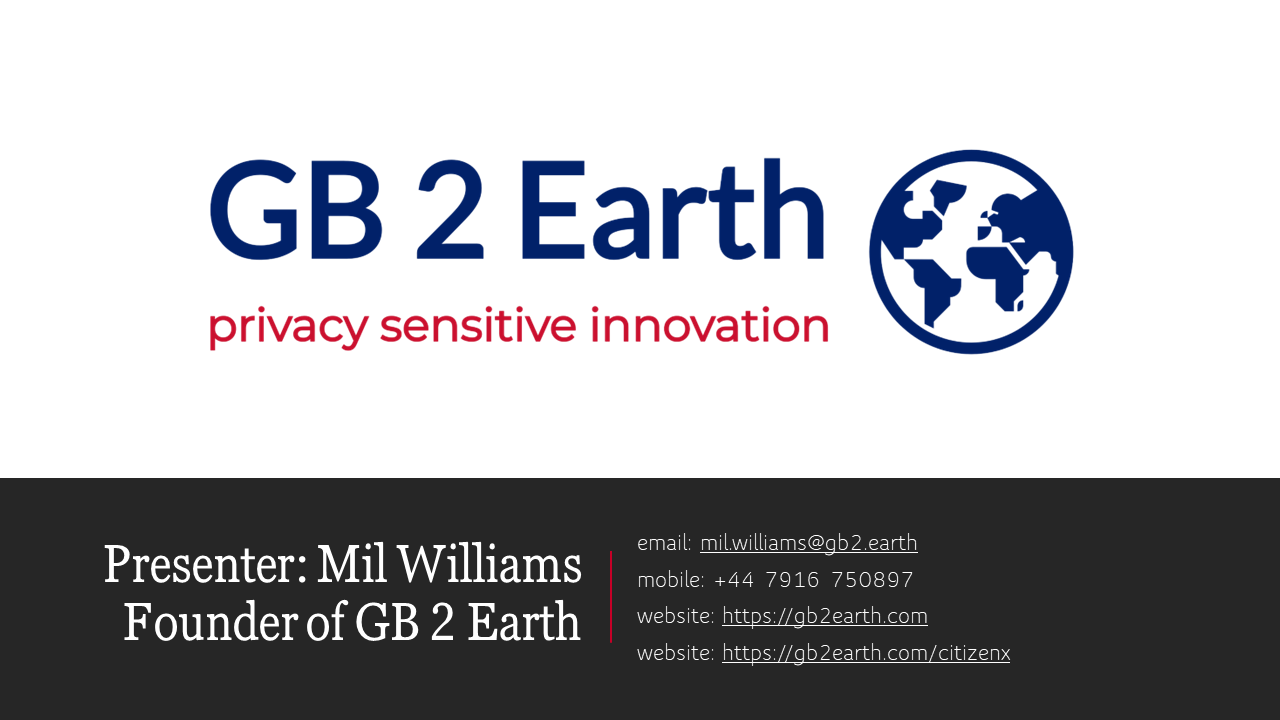Citizen X: a tale of two outcomes
the introduction
I’ve always been interested in the cognitive side of life: in particular, that which we call metacognition. Knowing why we think what we do, especially when we also realise we’ve been wrong in our conclusions, is a useful skillset: though sometimes not professionally so.
People don’t trust those who sense easily deeper reasons, and then find it difficult to prove what they sense.
Why, obviously, I am now so engaged by the idea of #intuitionvalidation.
In 2016 I studied a year-long Criminal Justice MA at Liverpool John Moores University.
A year or so later I began to prepare a PhD proposal: it was about something I called #neoterrorismontheindividual. These days, I suppose it’s a subset of the military domain we now call #cognitivewarfare.
I have experience of such a domain: a very personal one. I was unduly and improperly incarcerated in a mental facility in Chester UK, back in 2003. I was dysfunctional enough to be put away at the time because of a campaign of #cognitivewarfare which big tech and UK homeland security had conducted against people like me: in my opinion, in some cases, actually still does.
What is headlined on this page is a refreshed and extensive slide-deck, part of which I have selected so you can overview its contents quickly.
From here you can also download the full version completely in pdf format, as well as go to the full Citizen X resources hub on GB 2 Earth, which you can access by clicking here.








